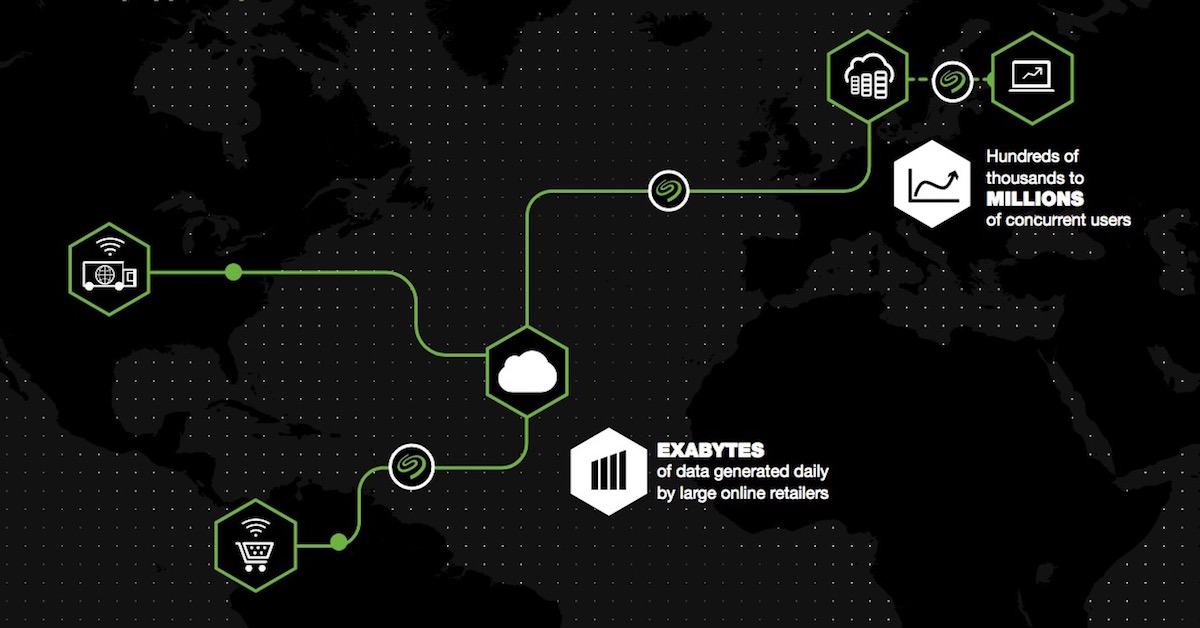While more people and businesses are showing increased trust in the cloud and migrating assets accordingly, recent controversial Twitter advertising developments demonstrate how certain organizations' actions can produce wide-spread distrust in the type of services they represent – in this case, cloud computing services. GigaOM reported that Twitter recently published a blog post that detailed its new ad-targeting feature that enables users to show certain ads to viewers that mention a specific television program. In the post, a screenshot of analytics is included, which showed multiple user testimonials. The problem, however, was that the testimonials were not actually real, while the user names attached to them were.
The backlash that came after the San Francisco Chronicle reported on the fake tweets was substantial, with one person whose Twitter account was used in the screenshot, Neil Gottlieb, telling the source he was considering taking legal action against Twitter for using his picture.
"Twitter's lack of accountability in an industry where privacy is of utmost importance is concerning at the very least," said Gottlieb.
Many are looking at this Twitter development as evidence supporting the claim that cloud storage services are not safe, which could negatively affect many cloud storage providers – even those that work diligently to ensure the highest level of privacy possible for their clients. The Guardian reported that Twitter has apologized for the fake tweets used in its advertisements, explaining the error away with the excuse that an earlier mock version of the ad was accidentally published.
"Instagram triggered a similar outpouring of cloud-related angst when it changed its terms of service in a way that suggested it planned to sell users' photos for use in advertising," GigaOM contributor Matthew Ingram wrote. He later added, "And plenty of other cloud services, particularly photo-related ones, have been through a similar experience."
While these types of situations can be chalked up to simple mistakes, the reality is that they also create a distrust of cloud computing storage as a whole. Cloud providers need to grapple with these concerns moving forward, emphasizing privacy controls in an effort to foster the trust that will encourage users to transfer control of their content.







